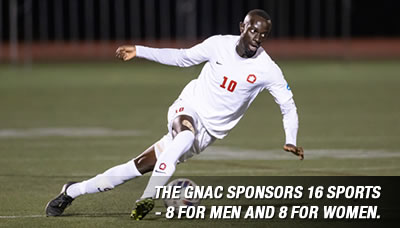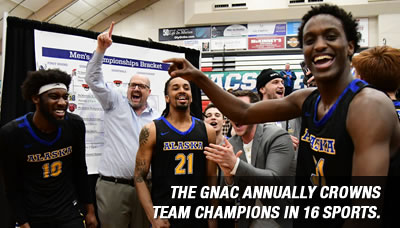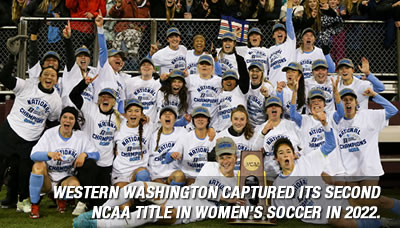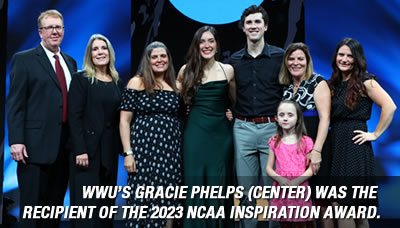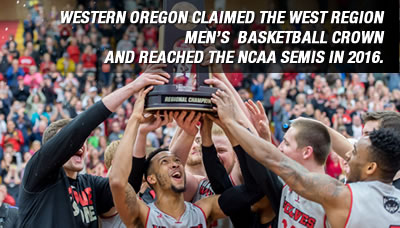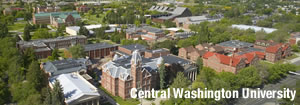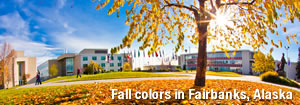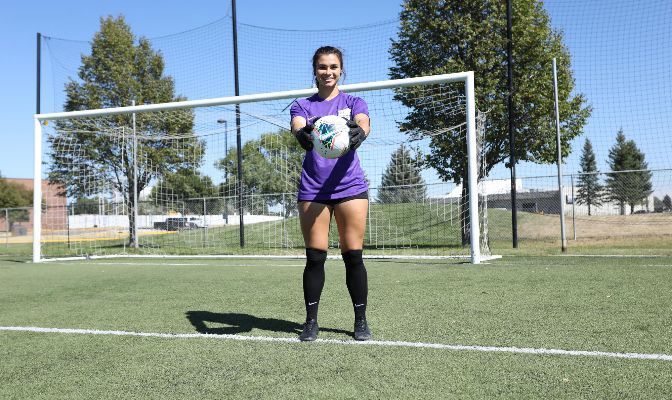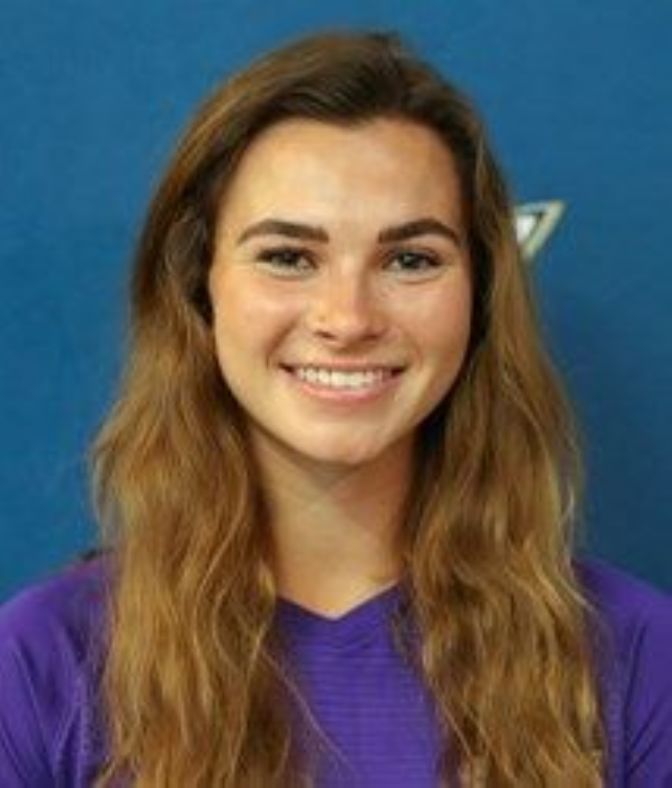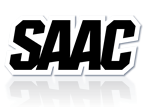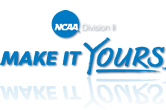Friday, September 17, 2021
Part of a regular series.
Throughout the year, GNACsports.com uses this space to profile conference student-athletes who are members of their respective institutions’ Student-Athlete Advisory Committee (SAAC). In addition to providing feedback on the student-athlete experience, conference and institutional SAAC members also offer input on the rules, regulations and policies that affect student-athletes’ lives on NCAA member institution campuses.
Name: Clare Keenan
Sport: Women’s Soccer
Institution: Montana State University Billings
Year: Junior
Major: English & Environmental Studies
Hometown: Tallahassee, Florida
Why Did You Choose To Attend MSUB?: When I was transferring from my first school, I was looking for somewhere that felt like home and valued me as a person as well as an athlete. MSUB just felt right from the very moment I visited, from the community in Billings, the culture of the soccer program and the incredible opportunities to get outside. I just felt like I was exactly where I was supposed to be.
What Is Your Favorite College Class And Why?: My favorite class that I’ve taken in college was my world literature course. My professor had us read “Moby Dick” by Herman Melville and at first I thought I was going to hate it and couldn’t understand how the book related to world literature. Throughout the course of the semester, that professor introduced me to what is now my favorite book, and truly showed me how expansive and connected literature makes us. He gave me a new appreciation for and perspective on something I was already passionate about, and I couldn’t thank him enough.
Who Is Your Favorite Professor?: Tom Nurmi. He taught the world literature course that I previously mentioned. Nurmi has an amazing ability to mesh different disciplines and perspectives into the reading of a text and make it something enjoyable. He encourages personal relation to the text and its meaning, he welcomes a variety of thoughts and perspectives, and his own genuine interest and passion for literature was infectious.
How Many Years Have You Been Involved In SAAC?: One.
Why Did You Choose To Get Involved With SAAC?: I had a teammate who transferred out and recommended me to take her place as one of the SAAC representatives. It felt like an honor to represent my program and school in SAAC, and it was exciting to know I could be a part of the incredible things I’ve seen SAAC do.
How Do You Feel Participating In SAAC Will Help You After You Graduate?: I think it’s particularly important to have experience working with a group/team the way SAAC does. It teaches important lessons on group work, creative and critical thinking with a group, and encourages young people to step into a leadership role early on that will help them be leaders in the world after they graduate.
What Have You Learned From Needing To Balance Athletics And Academics?: To take care of yourself and your mental health first. There’s a saying that you should “put on your own oxygen mask first” before focusing on others. I think that applies to the student-athlete predicament, particularly for those in team sports. It’s easy to want to be the best teammate, player, and student— I imagine most, if not all of us, want that. If we don’t manage our own mental wellbeing and general health though, we simply aren’t able to fulfill those roles to the best of our abilities. Just like putting on your own oxygen mask, taking care of your needs and keeping yourself mentally and physically healthy absolutely needs to be prioritized and not just kicked back to be an afterthought. Otherwise, athletics and academics inevitably suffer.
What Is The Biggest Obstacle You Have Overcome During Your Collegiate Career?: I have personally always struggled with mental health, but last year during our competitive season I was diagnosed with bipolar disorder and had to start from scratch with therapy and new medications. It felt like a bit of a free fall period, but I’ve been very fortunate to have an incredible support system that has helped me stabilize and learn to navigate the diagnosis. Most importantly, it had encouraged me to be even more vocal about how serious mental health is, especially when dealing with the demands of college athletics. Even sharing this here is a moment to acknowledge that mental health matters, and having the space to be supported and open about it is integral to those who struggle with it— and athletics gives a lot of people that supportive space.
What Does It Mean To You To Be A Division II Student-Athlete?: It means that I am genuinely valued as both a student and an athlete. Oftentimes with larger programs or Division I’s, the student portion begins to slip through the cracks. Division II allows you to be a very competitive athlete as well as gives you space to develop as a student and person.
What Are Your Future Goals After Graduating?: To pursue work and school in environmental advocacy and writing. Whatever job I end up in, I want to use storytelling as an avenue to get people to deeply care about the environment, and urge them to action.

